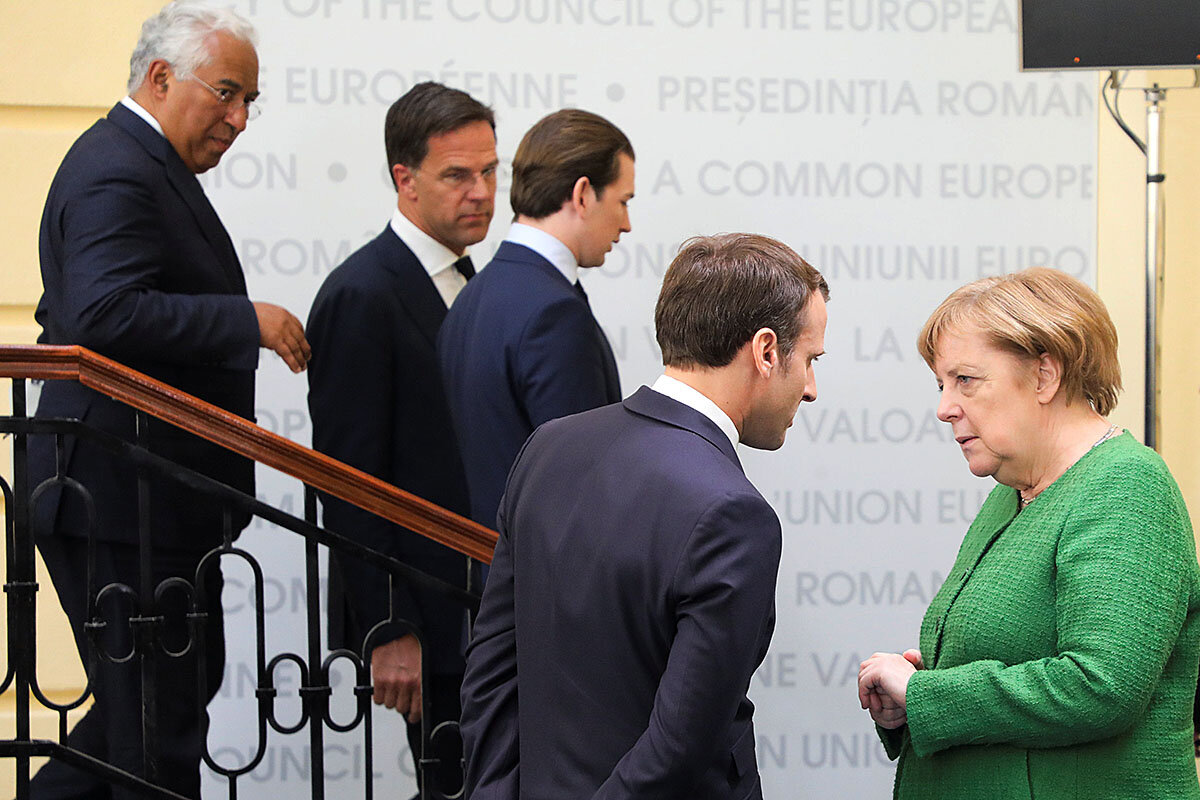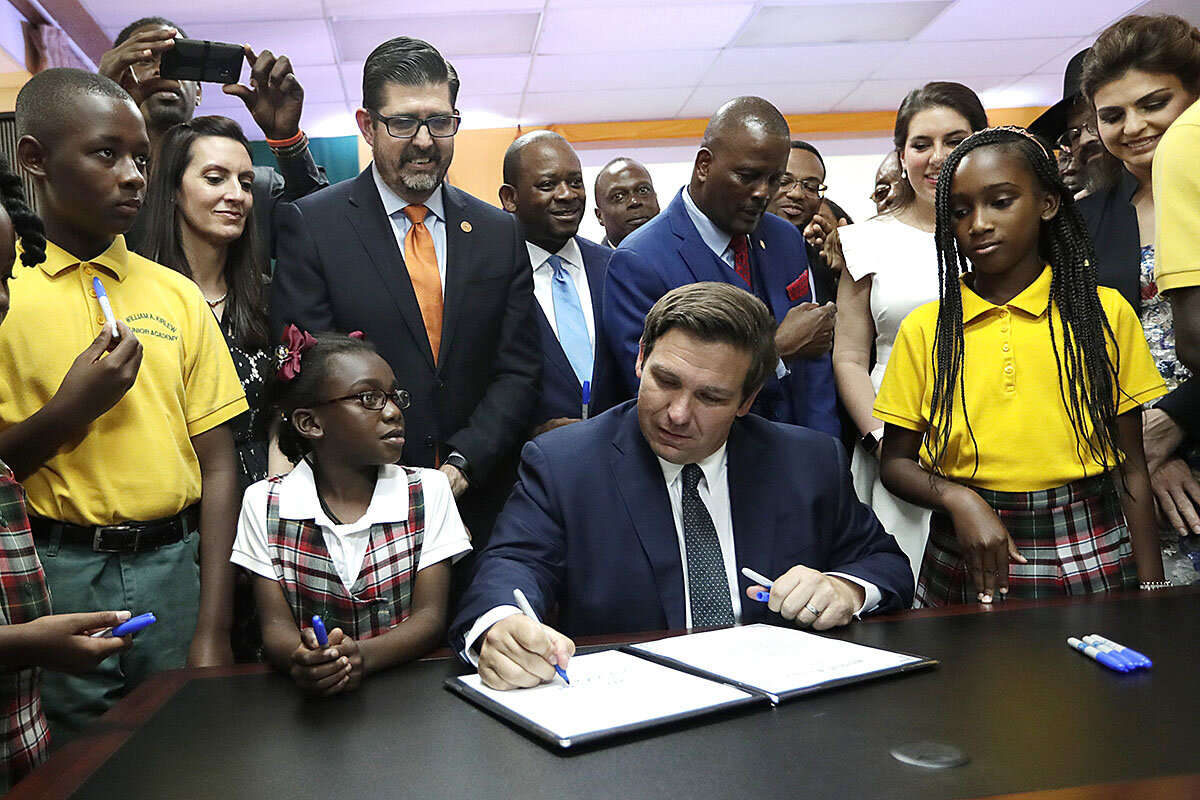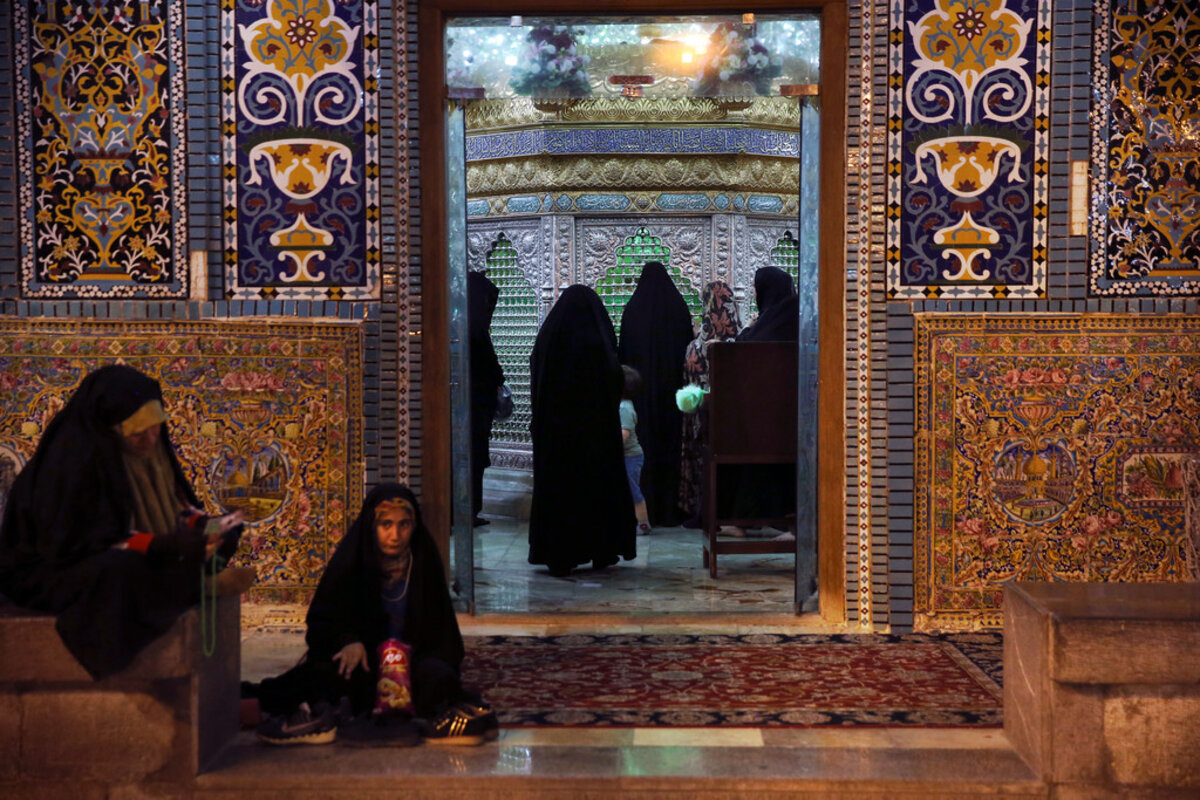The European Union can be an unruly bloc where diverse agendas make consensus challenging. But facing existential threat in Brexit, the member states stood as one throughout negotiations.
Monitor Daily Podcast
- Follow us:
- Apple Podcasts
- Spotify
- RSS Feed
- Download
 Peter Grier
Peter Grier
“Checks and balances.” It’s a phrase every schoolchild in the United States learns. The Constitution set up three branches of government with interlocking powers and responsibilities. To prevent tyranny, they’re supposed to check and balance each other.
But checking and balancing can be a contact sport. The system is designed to create some confrontation. That’s what we’re seeing now in the showdowns between President Donald Trump and Congress over access to Mr. Trump’s tax returns, the unredacted Mueller report, and other information.
Yes, House Speaker Nancy Pelosi has said we’re in a “constitutional crisis.” Many legal scholars might say that’s not where the nation is – yet.
It’s more a constitutional stress test. The House has subpoenaed an array of stuff. The White House has issued a blanket refusal, citing various grounds. The courts will step in as an arbiter. That’s a process all modern presidents would recognize.
It’s true that this time the stakes might be particularly high. By stonewalling on many requests at once, the Trump administration would put a general principle of relations between the branches at risk. If Mr. Trump loses in the courts, future presidents could face a permanent diminution of executive power. If he wins, it’s congressional oversight authority that would be diminished.
And events could indeed escalate to a crisis if the White House or Congress ignores judicial rulings.
But don’t push the panic button prematurely. At key points in America’s history democracy has proven more durable than our fears.
Now to our five stories for the day, which include a deep dive into the state of the Iran nuclear deal and a look at how the notion of family is changing in Zimbabwe.










